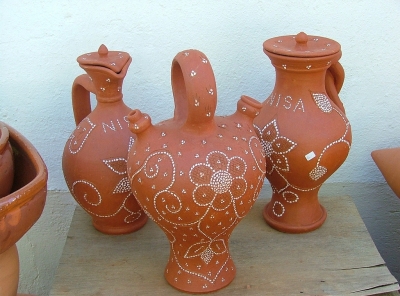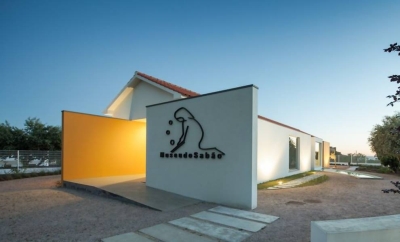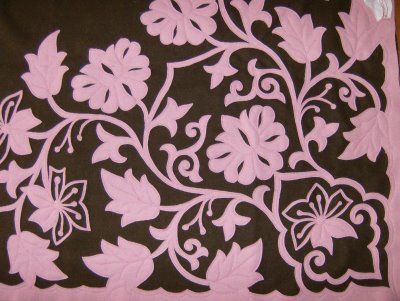
Art
in its most diverse aspects plays an essential role in the Alto
Alentejo. Sometimes more erudite, sometimes more popular, it is
always assumed as an inheritance of past peoples, of ancestral
knowledge, of unique learning.
An Arts and
Hiking Festival has unique experiences and these can be learned
from who knows. With the artisans, with the guardians of art and
time. With the people of the earth. And above all, too, with you.
Come learn
to do, namely to perpetuate.
How
to participate
These workshops do not have prior registration. Just show up at
the indicated locations during the scheduled period.
FREE Participation.
Artistic
Workshop "Artes das Bilhas Empedradas" at the Hotel
Monte Filipe.
Saturday 17 November 2018 - 16: 00h 19:00
| It is time to put
your hands in the mass, or better in the clay, to produce
your own pool. Regional pottery made of clay, where the water-carrying
vessels originate in prehistoric times since humans began
to shape the earth and use these artifacts for daily use.
However, throughout this production is a unique
decorative feature, which is the harmonious and decorative
placement of small grains of white stone that make these jars
into objects of an indescribable beauty with a unique personality. |

|
Artistic Workshop "Arts of the Soap",
in the Museum of the Soap of Belver
Sunday 18 November 2018 - 16:00 a.m. 18:00
| Taking
advantage of the abundance of raw materials necessary for
the production of soap, the Alto Alentejo zone had since
the second half of the sixteenth century a decisive importance
in the national savory industry. The production of soap
has assumed undeniable economic and social importance in
the village of Belver. In this locality was installed a
Royal Factory of Soap, that worked in regime of regal monopoly,
of which still today are vestiges. A royal concession dynamized
Belver's parish economically, and some real soap operas,
taking advantage of the knowledge acquired and the availability
of the main raw materials, created their own artisanal industries
when this monopoly ended in 1858. The soap production in
these molds lasted until the first half of the twentieth
century, and for several decades was a structuring element
in the economy of the Belver region. The restoration and
transformation of Belver's former elementary school at the
Museum of Soap is a tribute to the collective memory of
Belver's saboiros. Now put your hands on the soap and good
foam. |

|
Artistic Workshop "Artes de Bordados
e Aplicados" at the Hotel Monte Filipe.
Saturday 24 November 2018 - 16: 00h
19:00
| "From a very
old tradition, although its origin is impossible to date with
rigor, the embroidery of Nisa arrives to us due to a strong
traditionalism of the local people, with main emphasis on
the respect for the customs of the marriage: the bed of the
bride, to which the name of a grave bed, was usually adorned
with bedspreads, blankets, sheets and towels, often produced
by her own, and which made her pride, the delights of the
visitors, and the naive envy of the married girls. Museum
of Clay and Embroidery.
It's impossible not to like it. Come and see
the work live and risk grabbing the line, the treasure, the
tissues and the needle. |

|
|






















